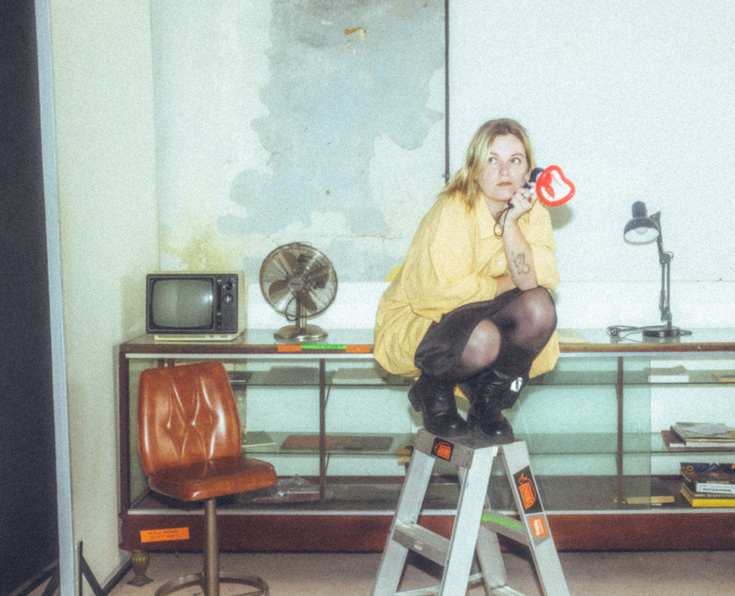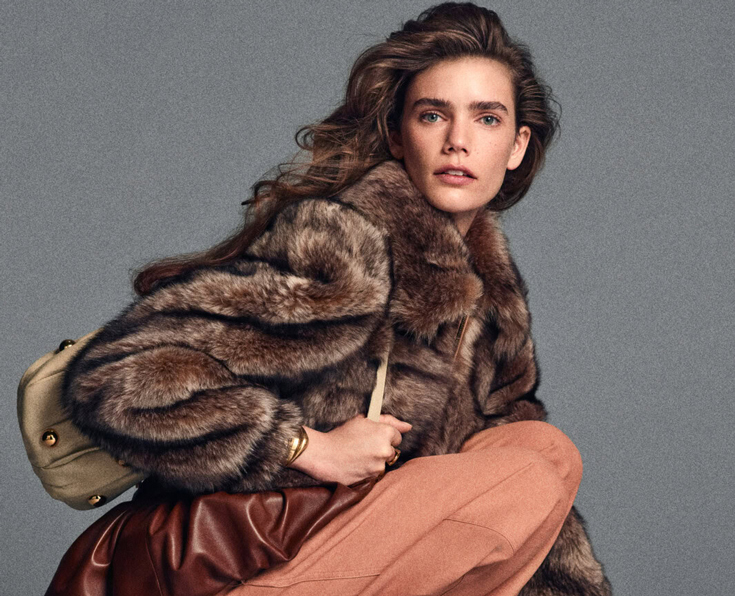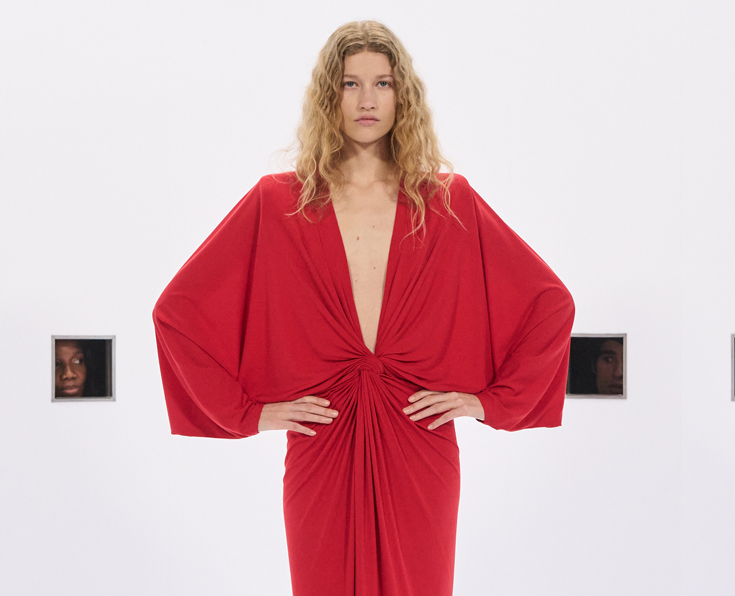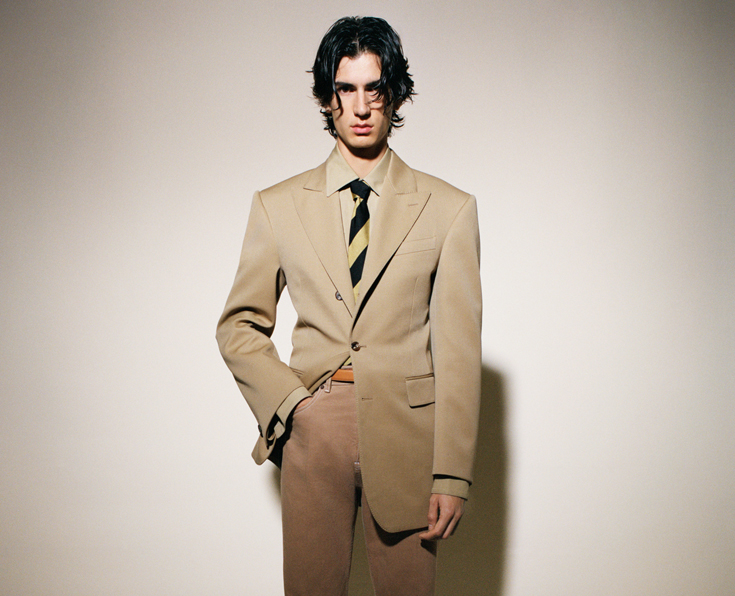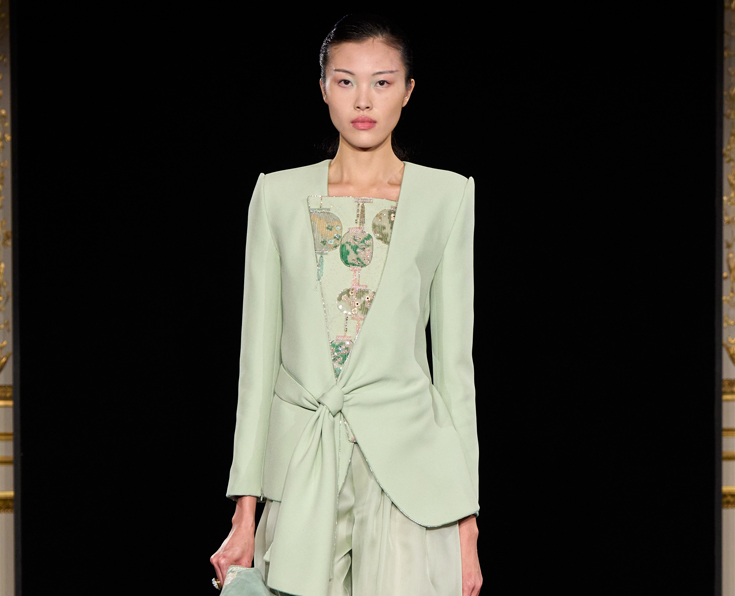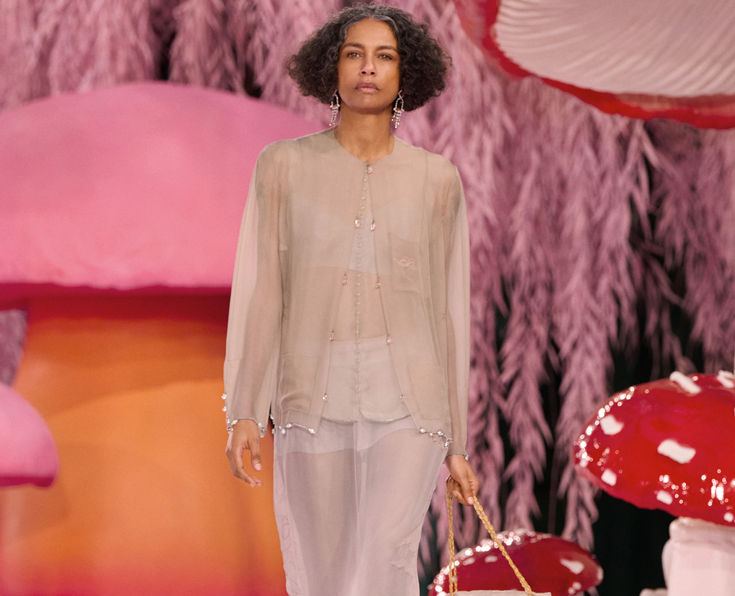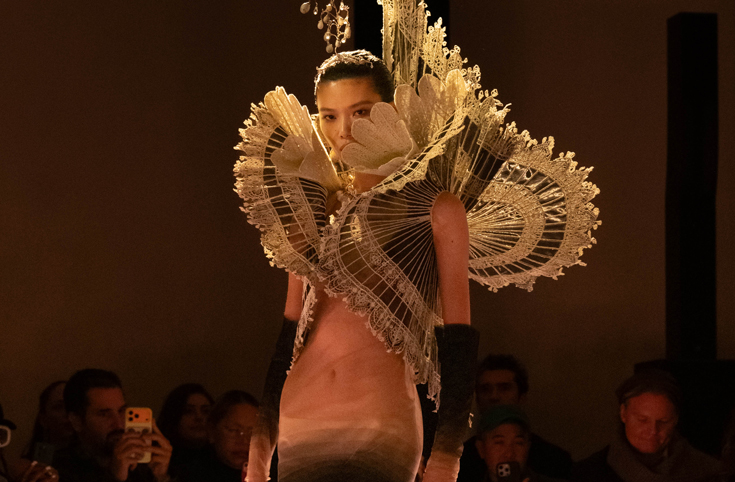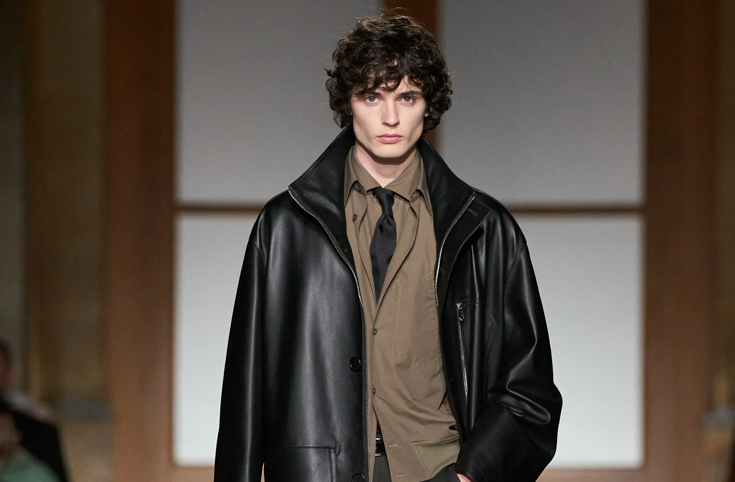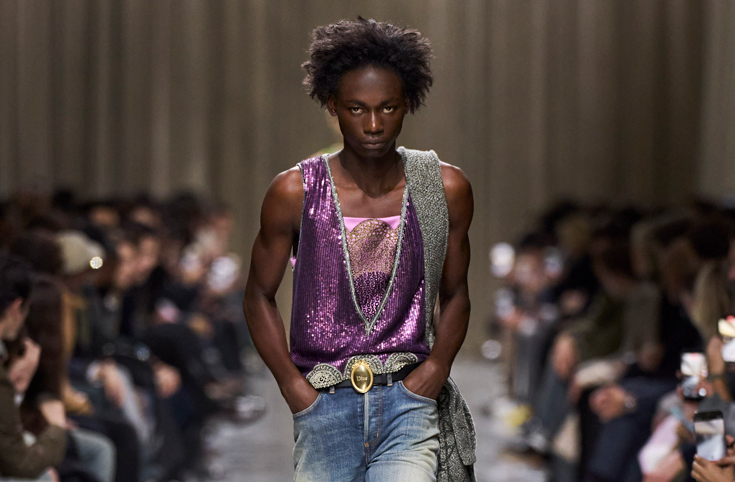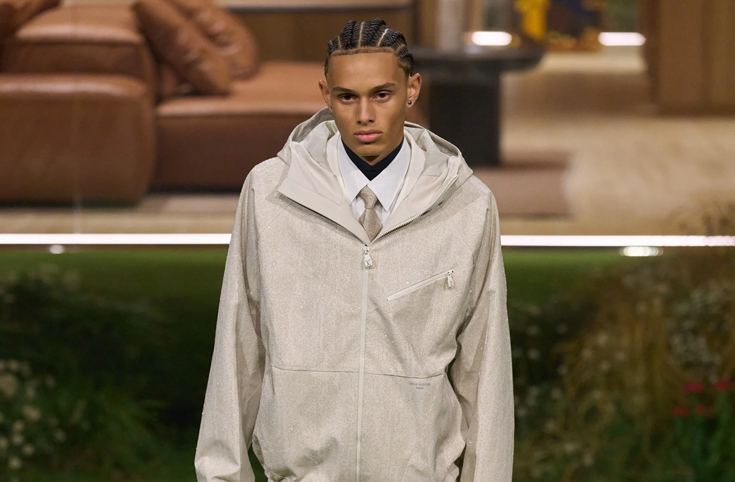TEN MEETS RIPPLE EFFECT BAND
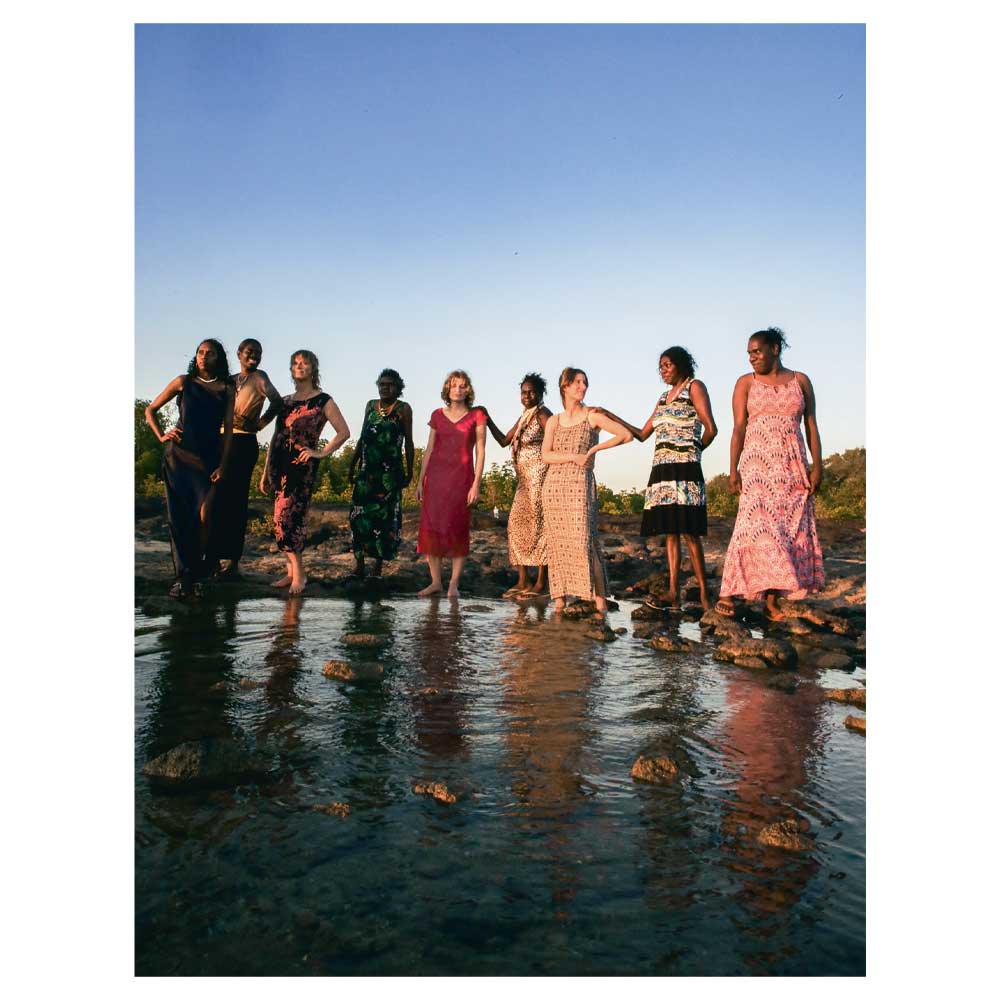
In our 10 Musicians to Meet series, taken from 10 Magazine Australia Issue 25 (out now), we meet some of the most exciting, talented musicians rising up in Australia right now:
Rarely do we come by a band of women with such a deep connection to Country, and to each other, who are such soulful storytellers. Maningrida’s Ripple Effect Band is made up of nine women who are forging new ground with their talent and sound. Their 2024 debut album, Mayawa, is a meaningful celebration of their stories as women, mothers, daughters and sisters, sung in the languages of their people.
When did you fall in love with music?
Our drummer Stephanie James says, “Music is my life, it is everything, it is always with me,” and this expresses how we feel about music. From when we were little girls sitting at traditional ceremonies, learning to dance and listening to the music of nature on our country, to singing gospel songs in our Indigenous languages and hearing music from other places through radio, CDs and now online, we love music. Then when we were at Maningrida High School in the 2000s, we learnt how to play instruments and made a band called the Front Street Girls. This began our love of playing music together and we are still developing as musicians together. We laugh about our dream to keep playing in Ripple Effect Band until we are old women, a lifetime of music experiences!
Describe your approach to making music and songwriting.
We write our songs together, thinking about what we want to say, and then talking about it and working out the approach. This is important as our band is cross-cultural with Daluk and Balanda [Indigenous and non-Indigenous] women. Taking time to compose and work out songs slowly means we are all on the same page, respecting each other. Once we have an idea, we start thinking of words and write them down, often texting them to each other if we don’t have paper and pens handy. Then we start with the guitar, working out chords and melody. Once we have the song, we will sing it anywhere. By a campfire, in the back of a car on dirt roads, in the Maningrida music studio, while we are on tour until we can all sing it. We sing in each other’s languages, so it helps us to all learn the lyrics and understand. We then finally come together in the music studio in Maningrida and work out the different parts and arrangements, especially how the drum and bass parts will make the song jump.
What’s the one song that will always inspire you?
Yirrana by Letterstick Band [from 1999]. It’s about dreaming of your homeland while watching the sun go down. It is sung in the An-barra Burarra language.
What’s a project that you’re most proud of?
We are so proud of our debut album, Mayawa, which we released last year. It was produced by band members Jodie Kell and Tara Rostron, and this means it was the first album co-produced by a West Arnhem Land woman. The album is composed, performed, mixed and mastered by women, which is something we love. It shows the great female talent in the Australian music industry. The songs are sung in four local Indigenous languages – Ndjébbana, Burarra, Kune and the highly endangered language of Na-kara. Singing in language makes our community proud and the songs express our deep connection to Country and clan, as well as singing about our lives as West Arnhem Land women. When we released the album, we had so much love from our fans and from media across Australia. We’re so excited to continue to share our music and our stories.
Which artist is your North Star?
Yothu Yindi are so inspiring – we were listening to their songs when we were young. They were among the first Arnhem Land musicians mixing traditional music with contemporary sounds and they became national and international stars, touring across the world. Today, they are still playing together as older musicians but also bringing in younger artists, supporting and mentoring them, such as Dhapanbal Yunupingu. And now there is King Stingray, the next generation band [two members are the sons of the founding members of Yothu Yindi]. We would also like our children to end up following in our footsteps.
What makes a great song?
A great song is emotional and makes you feel like crying or dancing, smiling or laughing, or singing along. It makes you feel connected and touches your heart.
Dream collaboration?
We would love to work with Warnindhilyagwa artist Emily Wurramara and write a song together. She is amazing and her album Nara really went next level last year. Our bassist Rona is keen to work with Papua New Guinean artist Danielle, who we met at WOMADelaide.
The ultimate venue or festival you’d love to play at?
We would love to play at Sydney Opera House. It would make our community so proud. We remember our first trip to Sydney in 2017 to record our debut EP [Wárrwarra] at the Sydney Conservatorium of Music. It’s near the Opera House and got us dreaming about what could be possible for a crazy band of Daluk [women]!
What’s inspiring you right now?
At the moment it is Kudjewk, the wet season. That’s November to January, when it starts raining and all the trees and grass start growing. The rain and thunder rolls. That’s how we feel, like it’s our hearts beating. When the thunder rolls, it hits the ground, hits your feelings, and that’s where you start to grow. The trees and leaves are growing and everything is starting to show love. We love Kudjewk as it restores us and our community ready for a new year and a new season cycle.
What’s next?
We have some gigs lined up this year. As well as touring, we are keen to start a second album. While we were on tour last year, we started writing new songs and even recorded a single at Sound Recordings, a beautiful analogue studio in Castlemaine. Look out for Love Song, it’ll be released early this year.
Listen HERE.

